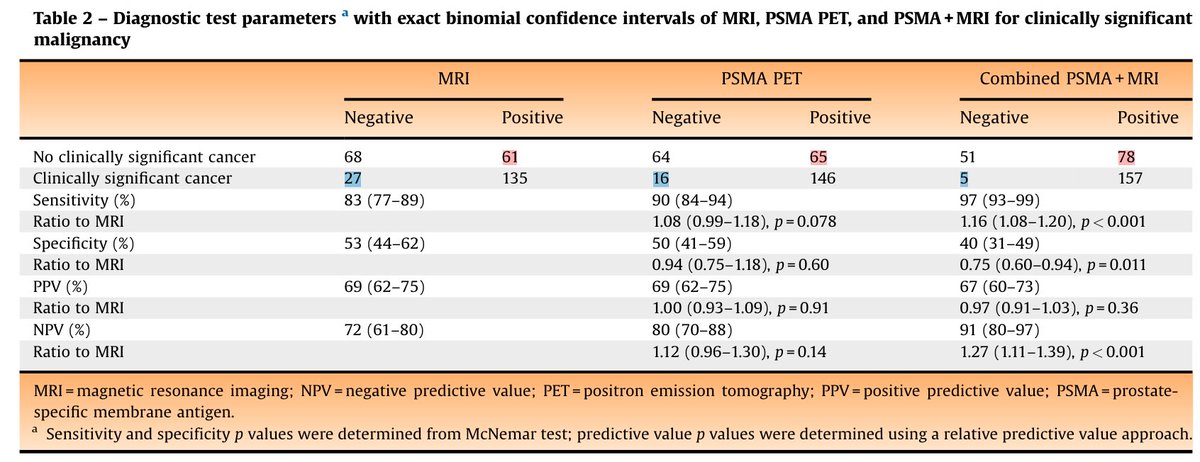New #radonc attendings:
Your first cases will take a long time. That's normal. It means you understand how big #cancer care is and are doing your best by your patients. Be patient with yourself. It will get easier. You *do* know what you are doing.
(1/n)
Your first cases will take a long time. That's normal. It means you understand how big #cancer care is and are doing your best by your patients. Be patient with yourself. It will get easier. You *do* know what you are doing.
(1/n)
Also, don't forget:
1. Expert contours vary.
2. Imaging now is better than the old trials that often define care.
3. Dose has a gradient.
(2/n)
1. Expert contours vary.
2. Imaging now is better than the old trials that often define care.
3. Dose has a gradient.
(2/n)
4. Prescription doses are basically never threading the therapeutic window like a needle. You know the standard of care. It's usually a pretty wide lane.
(3/n)
(3/n)
5. *Do not hesitate to ask for help*!!!
Your colleagues want to help: #radonc #radiology #surgery. You learn from each other. And you are a better doctor if you have the humility to ask.
(4/n)
Your colleagues want to help: #radonc #radiology #surgery. You learn from each other. And you are a better doctor if you have the humility to ask.
(4/n)
5b. Talk to senior #radonc people about your cases, too. You will learn from them, and they will see that you value their experience. Don't ask them to do your job for you, but run your plan by them. Great advice from @AjMundt
(5/n)
(5/n)
5c. Find someone you trust but who also tells you when you are overthinking it. Will save you wasted time perseverating on good decisions.
(6/n)
(6/n)
6. If the case looks really hard to you, it might actually be really hard. I felt silly asking a radiologist to help w/rectal anatomy(!). Turned out to be complicated/rare issue. Management completely changed.
(7/n)
(7/n)
7. You are not the only one struggling. #Oncology is a marathon. Yes, *another* one. You just finished the training marathon, and now you have your whole career ahead of you. #PaceYourself. And talk to your friends/mentors!
(8/n)
(8/n)
8. You got this! Seriously. The training works. You made it this far because ... *you* made it this far.
Let yourself enjoy caring for your patients and let yourself be confident that you can do it. You have *already been* doing it for years.
(9/n)
Let yourself enjoy caring for your patients and let yourself be confident that you can do it. You have *already been* doing it for years.
(9/n)
.@ARRO_org @UCSDRadRes
H/t to all the great people at @UCSDRadMed and beyond who have told me all of the above. And will probably have to tell me again next week.
H/t to all the great people at @UCSDRadMed and beyond who have told me all of the above. And will probably have to tell me again next week.
And when you are done contouring that case, go ahead and ask the staff what you wish you knew: RTTs, #MedPhys, dosimetrists, RNs, front desk.
No need to pretend like you know everything. They have already figured out that you don’t. Work together, and get it right.
• • •
Missing some Tweet in this thread? You can try to
force a refresh










